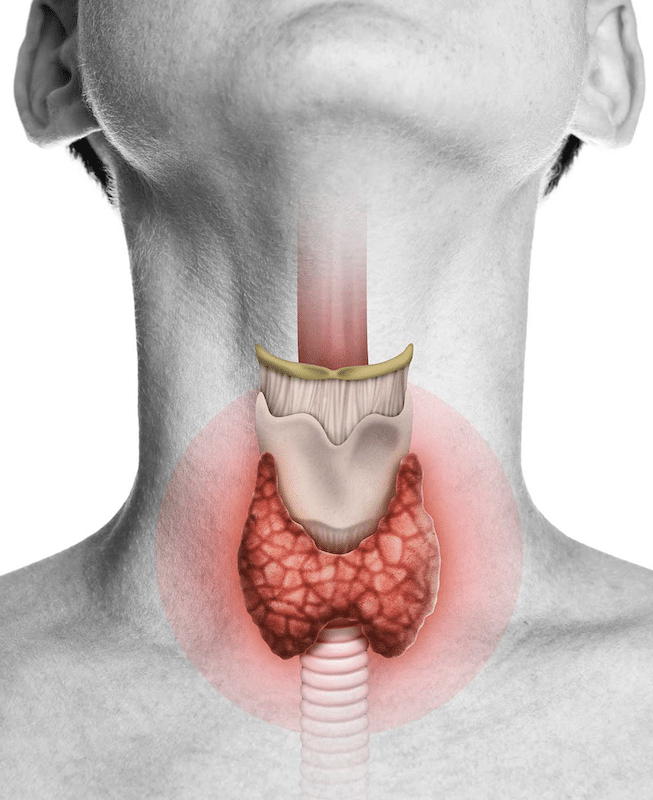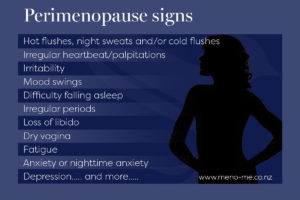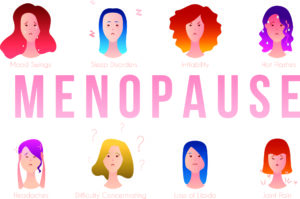Hot, burning, or tingling feet? It feels weird, right?
If this strange sensation is keeping you up at night or making you question your circulation, you’re not alone – and it’s more common during menopause than most people realise. In fact, tingling or burning sensations can pop up in other areas of the body too, like the mouth (burning mouth syndrome) or even the va-jay-jay (yep, it’s a thing).
These sensations may be connected to a lesser-known but very real menopause symptom called paresthesia – aka tingling extremities. It can feel like pins and needles, buzzing, crawling skin, or a hot-foot feeling that just won’t quit. While it’s uncomfortable (and a bit alarming), one possible cause is something you’ve probably heard a lot about: fluctuating estrogen levels.
3 Reasons You Could Be Struggling:
1. Could it be as simple as…dehydration?

Fluctuating estrogen may be one reason for burning feet, which can be uncomfortable and alarming.
As you may know, unstable and declining estrogen is one of the hallmarks of perimenopause and menopause.
And though it’s not well-understood, estrogen shifts can affect the nervous system. In fact, the nervous system plays a central role during menopause. As well as that, the coating that surrounds our nerves – the myelin sheath – becomes thinner.
Believe it or not, not drinking enough water is a surprisingly common trigger. These weird foot sensations can sometimes accompany night sweats or appear after a long day when your body is running on empty.
Another reason to drink up! We’ve made it easier with a free Water Tracker printable [click here] – because hydration is life.
You might also like: 3 Infused Water Thirst Quenchers
2. Hot, Burning, Tingling Feet & Vitamin B
Another possible cause of burning or tingling feet? A lack of key B vitamins, especially B6 and B12.
These essential nutrients help support the nervous system, and because they’re water-soluble, your body doesn’t store them – you need to top them up daily.
Here’s a quick rundown of the B-vitamin family:
- B1 – thiamine
- B2 – riboflavin
- B3 – niacin
- B5 – pantothenic acid
- B6 – pyridoxine
- B7 – biotin
- B9 – folate
- B12 – cyanocobalamin
A high-quality B-complex supplement can be a game-changer during menopause. These vitamins don’t just support your nerves – they may also help ease hot flushes and boost energy.
P.S. Our LotsaLocks® formula includes biotin (B7) for hormonally-driven hair loss and scalp support, too.
Food sources include:
- Avocado
- Citrus fruit
- Eggs
- Leafy greens
- Legumes such as beans and lentils
- Meat & poultry
- Salmon
- Whole grains
Note: High doses of vitamin B6 have been linked with neuropathy in rare cases – so always check with your medical professional first2.

3. Burning Feet & Underactive Thyroid

Did you know that an underactive thyroid (hypothyroidism) can sometimes be behind burning feet?
It’s true – some studies have linked the sensation to low thyroid function. And since the thyroid is incredibly sensitive to stress and loves progesterone, it’s no surprise it might act up during perimenopause.
Unfortunately, thyroid issues often go undiagnosed in midlife because many of the symptoms – fatigue, weight gain, low mood, tingling feet – overlap with menopause.
👉 Tip: If you suspect a thyroid issue, ask your doctor (or better yet, a functional medicine practitioner) for a full thyroid panel. Don’t stop at TSH – make sure you get free T3, free T4, reverse T3 and ideally thyroid antibodies too.
Final Thoughts
Hot, tingling, or burning feet might not be the headline menopause symptom, but you’re definitely not imagining it. In fact, many women in our community have shared their experiences – and thank goodness, because it’s one of those lesser-talked-about signs that deserves more attention.
Whether it’s hormones, hydration, vitamin B, or your thyroid, there are several possible causes – so don’t ignore the signs. Listen to your body and chat with your healthcare provider if this symptom keeps popping up.
You’re not alone.
Disclaimer: our articles are a guideline only. Any signs and symptoms you are experiencing could be due to a number of reasons. And burning feet can be linked to a medical condition known as Grierson-Gopalan syndrome or diabetes. For this reason, this should not take the place of medical advice. If you’re experiencing ongoing signs, please see your health professional.
And just so you know: this article is written by a real person who has studied the physiology of menopause and women’s healthy ageing. While we muse AI as an assistant, the research, insights andheart behind every piece comes from us.
Share with a friend
Sign up to our mailing list for the latest news and stories and receive a $5 discount code to redeem on your first purchase, plus receive a 3-step eBook on ways to support your body through menopause.
This site is protected by reCAPTCHA and the Google Privacy Policy and Terms of Service apply.
Related Articles
Main image: Anna Schvets @pexels
References:
- Hanna M, Jaqua E, Nguyen V, Clay J. B Vitamins: Functions and Uses in Medicine. Perm J. 2022 Jun 29;26(2):89-97. doi: 10.7812/TPP/21.204. Epub 2022 Jun 17. PMID: 35933667; PMCID: PMC9662251.
- https://www.tga.gov.au/news/safety-alerts/health-supplements-containing-vitamin-b6-can-cause-peripheral-neuropathy











